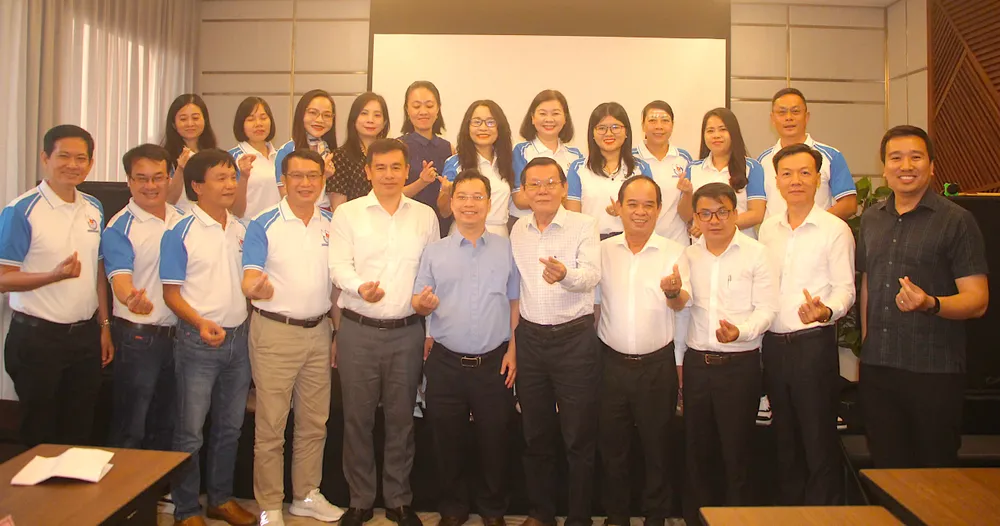
The delegation included comrades: Pham Quy Trong, Deputy Director of Department of Locality 3, Deputy Head of the Central Propaganda and Mass Mobilization Commission Representative Office in Ho Chi Minh City; Tang Huu Phong, Deputy Head of the Propaganda and Mass Mobilization Commission of the Ho Chi Minh City Party Committee; Le Thang Loi, Director of the Southern Education and Training Development Center, Ministry of Education and Training; Nguyen Tan Phong, Chairman of the Ho Chi Minh City Journalists Association; leaders of a number of city press agencies and over 20 award-winning journalists.
During the 2-day trip back to the source, delegates and journalists participated in many activities such as: visiting "Red Address - Duc Thanh School", exchanging and learning about "The Journey of the Great Teacher", "Following the footsteps of the Ancients to illuminate today"; discussing and holding a talk on "Journalism andeducation in the digital age".
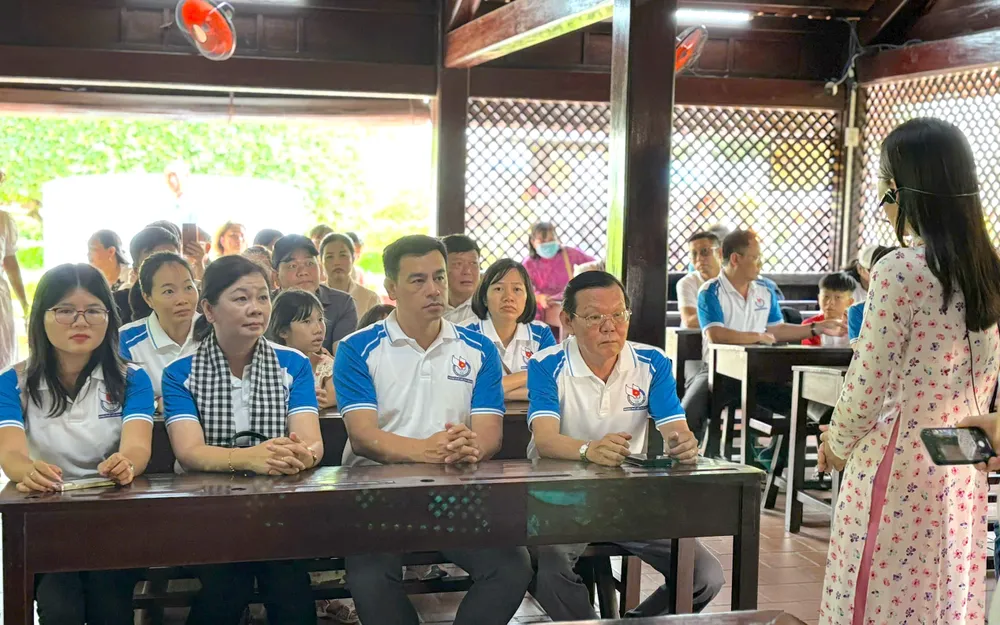
Visiting the "red address" on the journey back to the source
Going back in time, Duc Thanh School was established and officially operated in 1907 following the general policy of the Duy Tan movement initiated by Phan Chau Trinh with the desire to broaden the people's knowledge. Although the time teacher Nguyen Tat Thanh spent at Duc Thanh School was not long, this place became a milestone marking the first step in his great journey.
According to historical documents, in early September 1910, on the way from Quy Nhon to Saigon to find a way to go to France and Western countries to find a way to save the country, teacher Nguyen Tat Thanh chose Phan Thiet as a stopover. Here, he asked to teach at Duc Thanh School. Although the teaching job was only temporary, teacher Nguyen Tat Thanh loved his students very much, enthusiastically teaching them love for their homeland, their ancestors and thoughts about the country's destiny. In February 1911, he left Duc Thanh School for Saigon and on June 5, 1911, he boarded the Amiral Latouche Treville ship under the name Van Ba, working as a kitchen assistant, starting his journey to find a way to save the country.
In 1978, the Party Committee and people of the former Binh Thuan province (now Lam Dong) restored the Duc Thanh School relic site, reconstructing it at a 1-1 scale as when he taught. In 1983, they continued to build the Exhibition House on the biography and revolutionary career of President Ho Chi Minh along the Ca Ty River, including an exhibition house and a monument to him. The special feature of the relic site is that the relics, his workplace and living space are preserved intact. In addition to the classroom with a simple yin-yang tiled roof surrounded by simple wooden walls, the table and chairs where Uncle Ho lectured, the wooden planks where Uncle Ho slept every night...
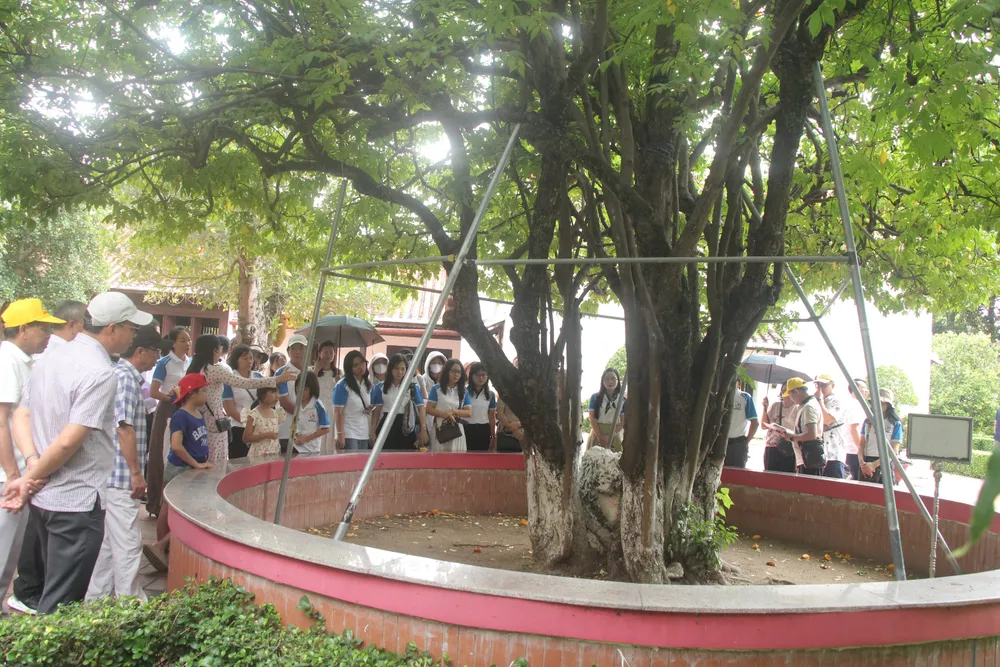
Ms. Nguyen Thi Thu Nga, Head of the Interpretation Department, Ho Chi Minh Museum, Binh Thuan branch, expressed her pride: “At the relic site, everything is preserved intact, just like the feelings of Binh Thuan people for Him. From the beginning of 2025 to June 30 alone, Ho Chi Minh Museum, Binh Thuan branch, welcomed nearly 900 delegations with about 55,000 people to visit, report and pay respect to Uncle Ho. Among them, there are hundreds of international visitors from the United States, India, Germany, Laos, Russia, etc.
Journalist Nguyen Tan Phong, Chairman of the Ho Chi Minh City Journalists Association, praised the Board of Directors of the Education Reporters Club and Dai Duong Informatics Company for organizing a meaningful trip back to the source, and affirmed: "This is a meaningful activity, not only helping journalists in the city's education sector connect, exchange, and foster professional expertise and political ideals, but also has special significance in the current context."
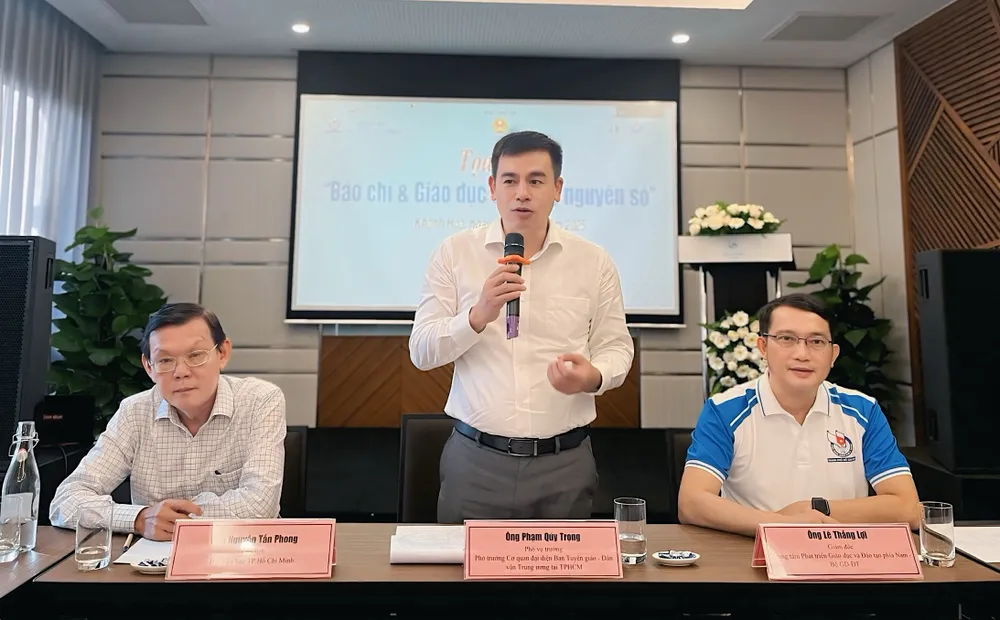
Journalism and Education in the Digital Age
Sharing about the topic of the discussion "Journalism and education in the digital age", comrade Tang Huu Phong, Deputy Head of the Propaganda and Mass Mobilization Department of the Ho Chi Minh City Party Committee, said that in the context of the world strongly transforming into the digital age, Vietnam in general and Ho Chi Minh City in particular are witnessing the explosion of technology and information. This development not only reshapes the way individuals and groups live and work, but also has a profound impact on many core areas of society, including journalism and education.
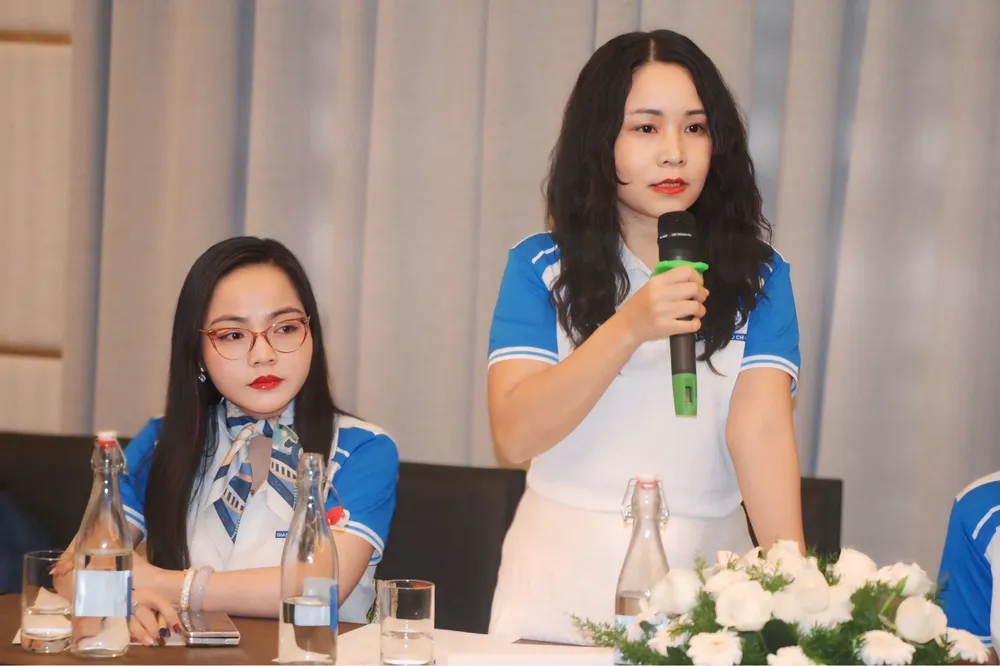 Delegates are journalists giving their speeches. PHOTO QUANG HUY
Delegates are journalists giving their speeches. PHOTO QUANG HUY“The relationship between journalism and education in the digital age is closer than ever. Journalism plays an important role in transmitting knowledge, spreading advanced educational models, and reflecting the problems and challenges that the education sector is facing. In turn, education is the foundation for training generations of citizens with critical thinking, digital skills and professional ethics, key factors in building a quality and trustworthy journalism,” emphasized Mr. Tang Huu Phong.
From there, comrade Tang Huu Phong pointed out that at present and in the future, the speed of development of science and technology is certainly very fast, and can even change in just one week. If in the past, a new technology was applied every 5 or 10 years, now there has been a change within a week or next week. Everyone feels that very clearly and the press is no exception to this trend. Therefore, digital transformation is an inevitable trend, an almost unique path for journalists to conquer readers and master their communication activities. In digital transformation, the most important factor is people, funding is an important part, but people are the decisive factor.
“There is no other way, every journalist at this time must grasp the advances in science and technology, the factors that are directly affecting their own professional activities in the digital age. At the same time, journalists must always learn and improve their professional skills because information at present and in the future will be more diverse and multi-dimensional. People also access information in a different way, richer and faster. Journalists must fulfill their role of bringing accurate and reliable information to the people - instead of letting fake news, fraudulent information or confusing and distorted content dominate public awareness,” emphasized comrade Tang Huu Phong.
In nearly 20 speeches by leaders of press agencies and reporters, there is a common point: Education is the key to unlocking the future, and the press plays an important role in accompanying education, contributing to building a learning society, a talented and intelligent young generation. Therefore, writing about education requires a new perspective, honoring exemplary teachers and good practices, while emphasizing the close coordination between the press and schools. In addition, journalists in the digital age need to have diverse professional skills, not only writing news articles but also knowing how to shoot, edit videos, narrate stories... to meet the diverse information needs of the public.
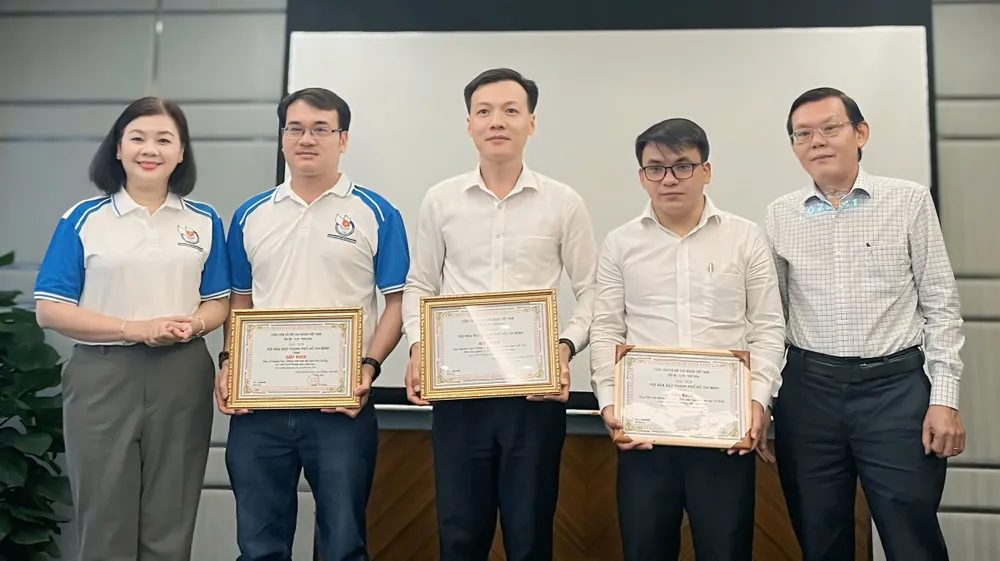
Comrade Pham Quy Trong, Deputy Head of Department of Locality 3, Deputy Head of the Central Propaganda and Mass Mobilization Commission's Representative Office in Ho Chi Minh City, assessed the thoughtful and methodical organization, demonstrating the dynamism, positivity and vibrant activities of the press team in Ho Chi Minh City. The press team in Ho Chi Minh City constantly improves its political mettle, professional ethics, professional expertise, masters modern journalism technology, is united, highly determined, makes great efforts, and constantly innovates and creates to bring the city's press to rise up with the nation in the new era.
Source: https://www.sggp.org.vn/chuyen-doi-so-doc-dao-de-nguoi-lam-bao-chinh-phuc-doc-gia-lam-chu-hoat-dong-truyen-thong-post803531.html




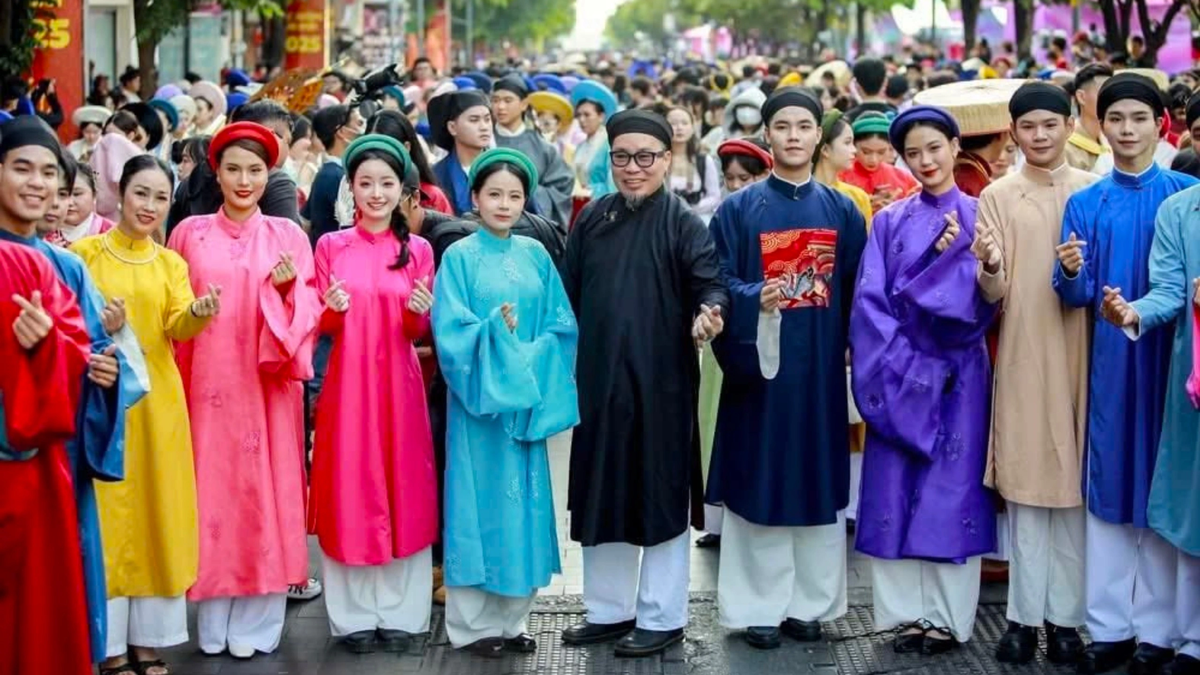


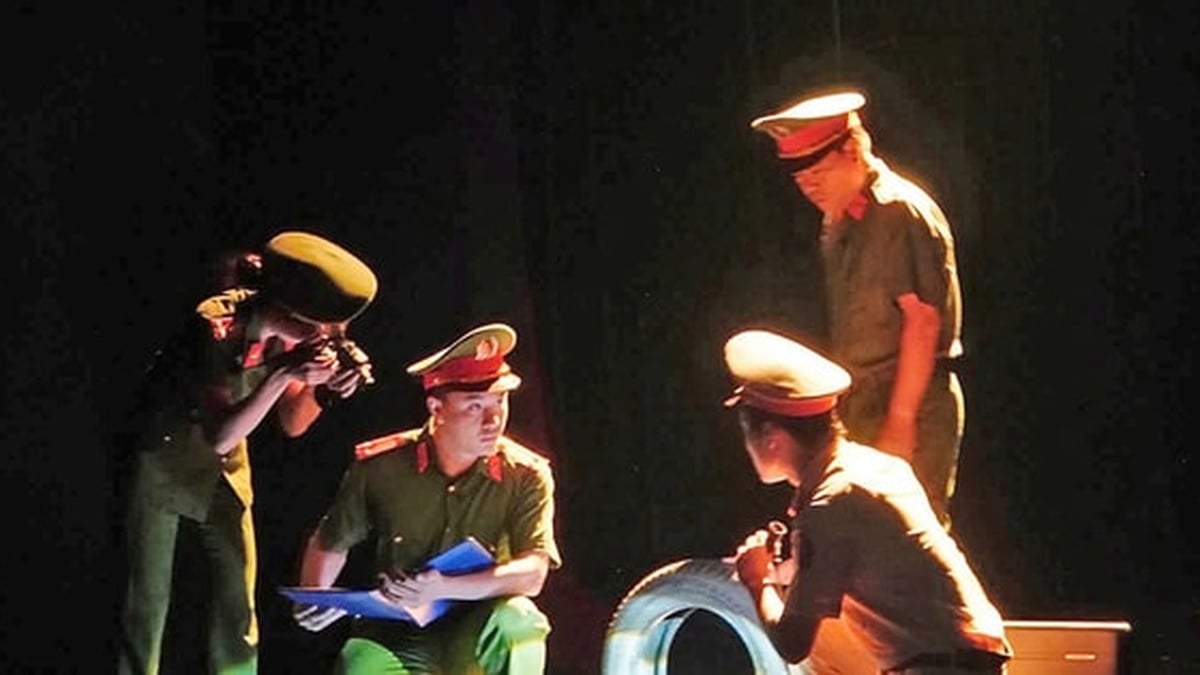







































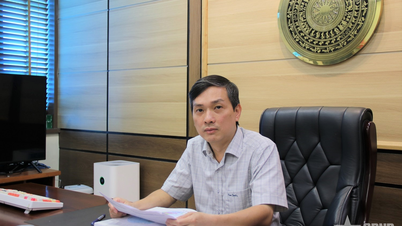

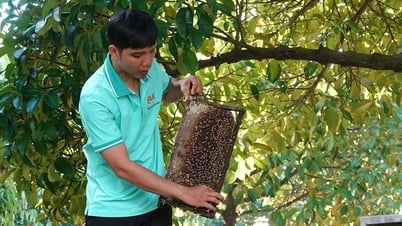

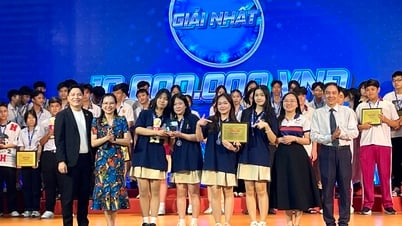

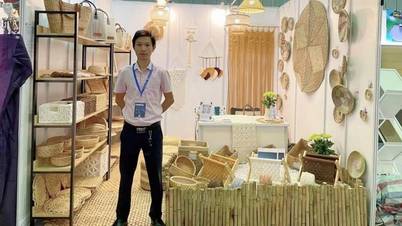













![[Photo] International community congratulates Vietnam on having more landscapes recognized as World Cultural Heritage](https://vphoto.vietnam.vn/thumb/402x226/vietnam/resource/IMAGE/2025/7/13/58ec71f73ae644bfb5bab9c99043bb7d)






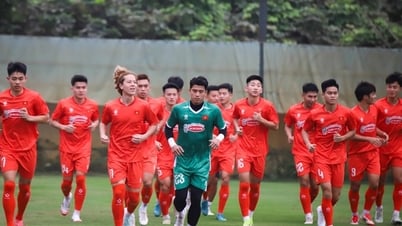


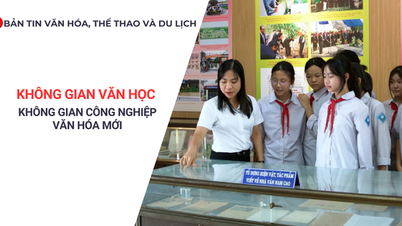
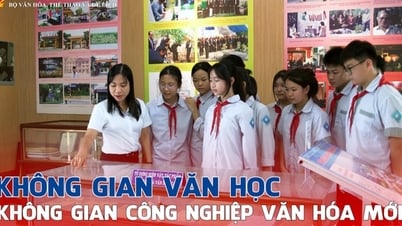
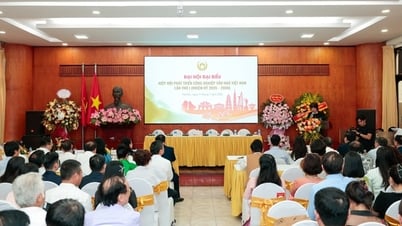























Comment (0)